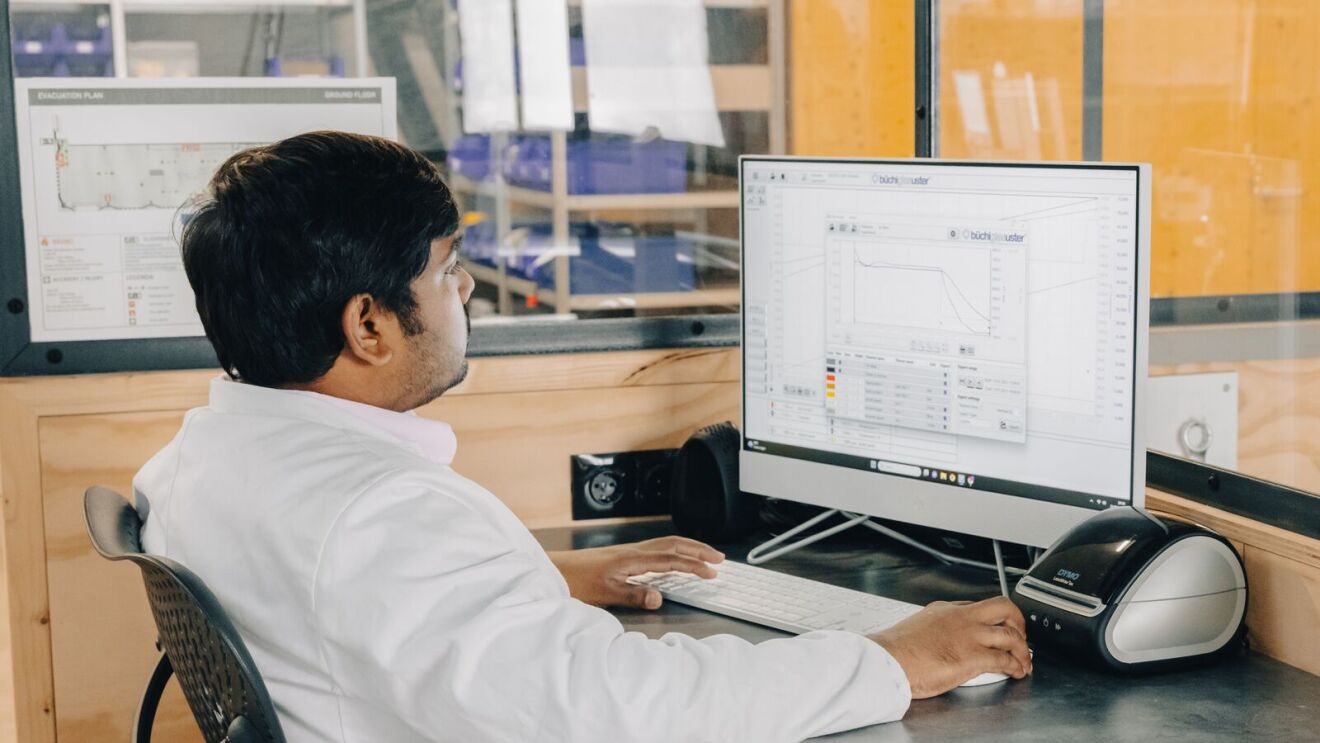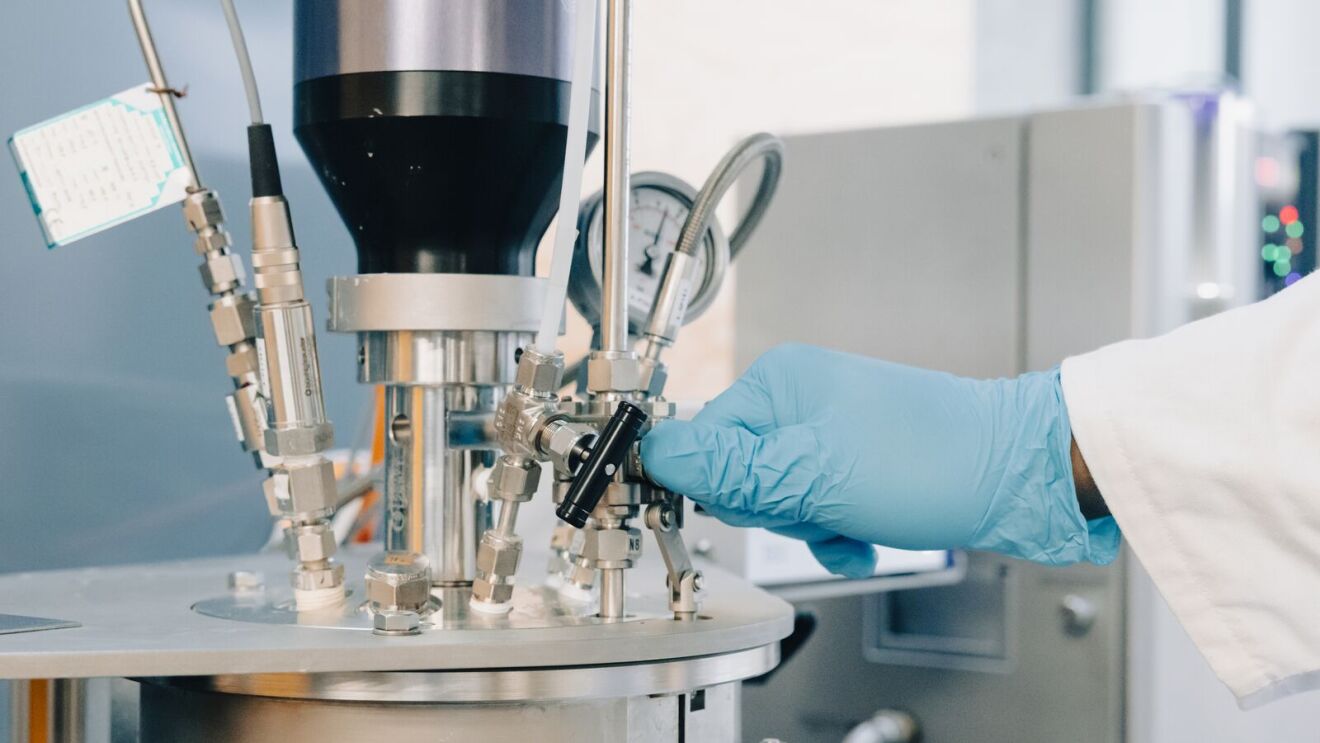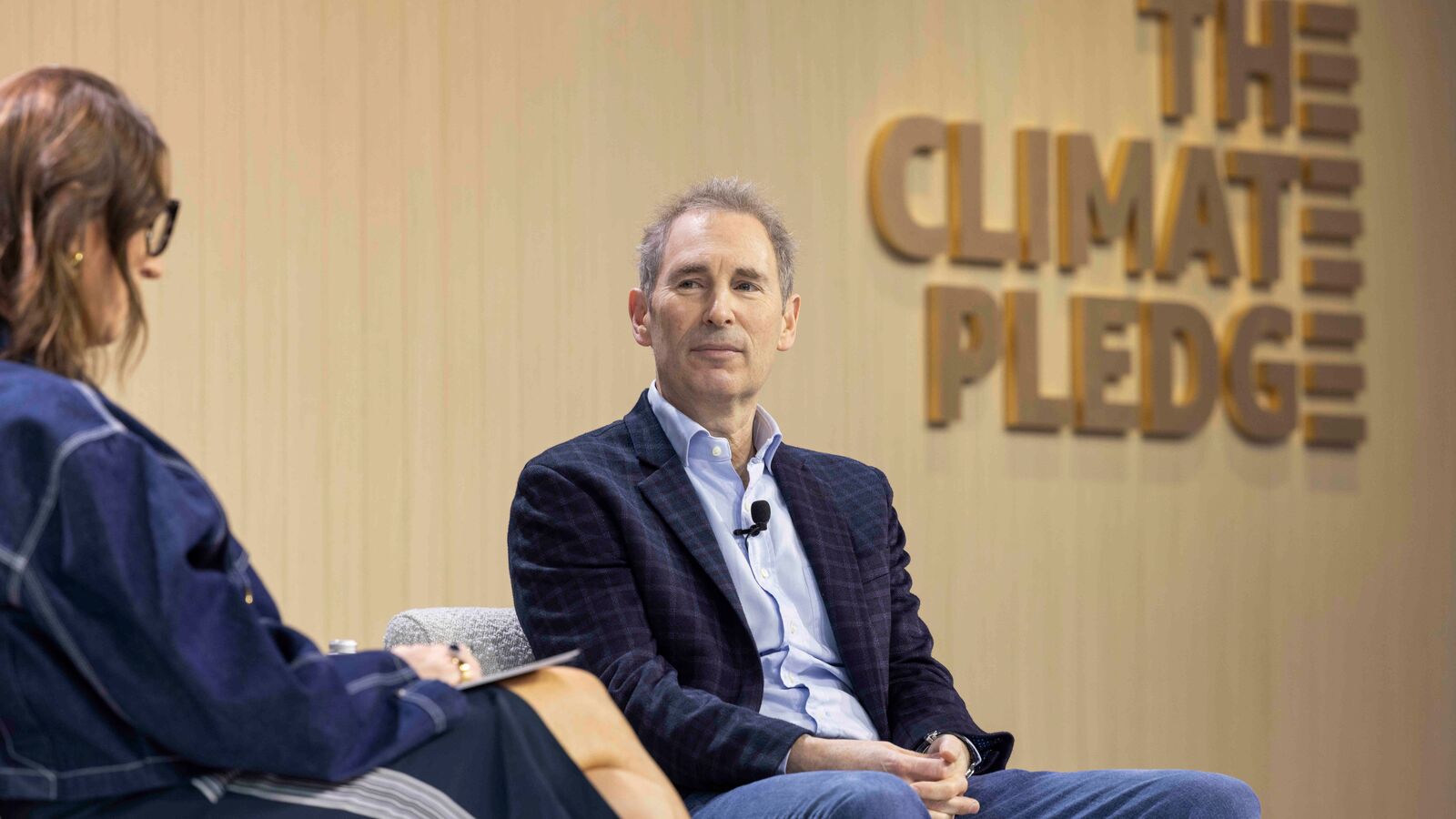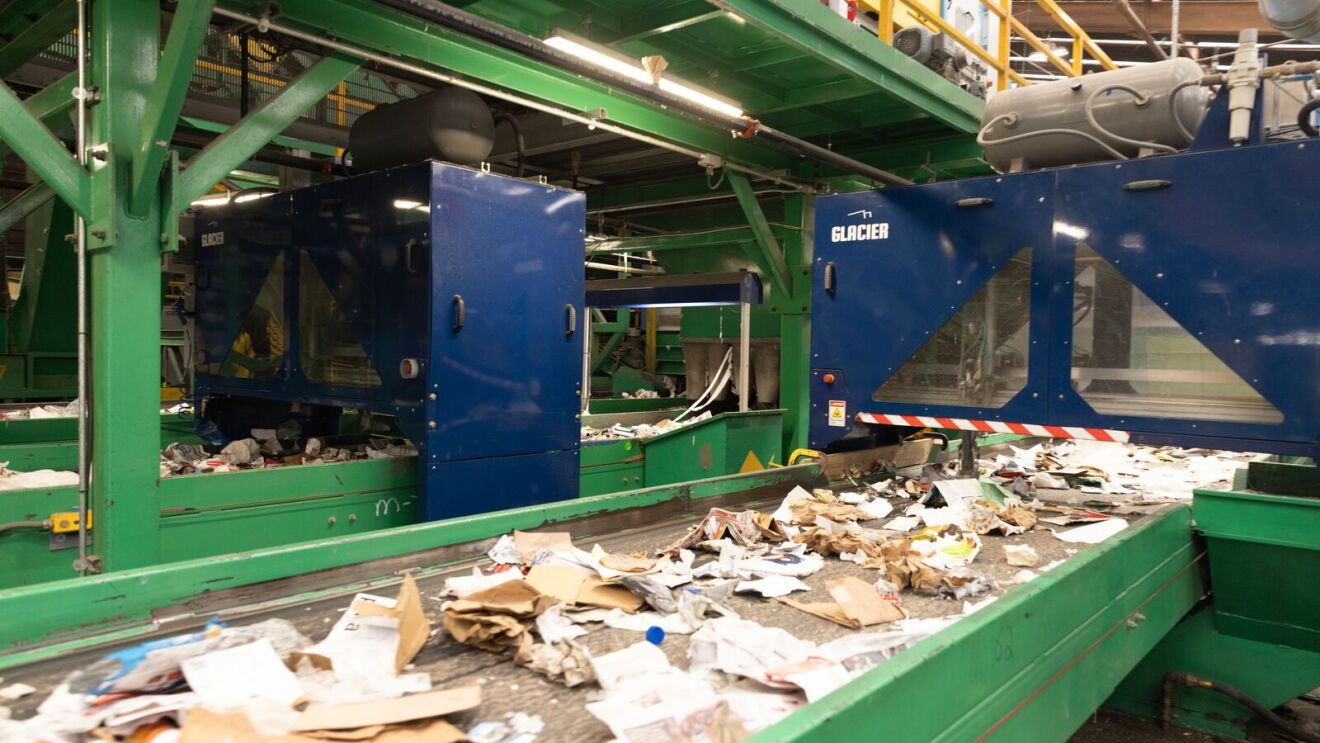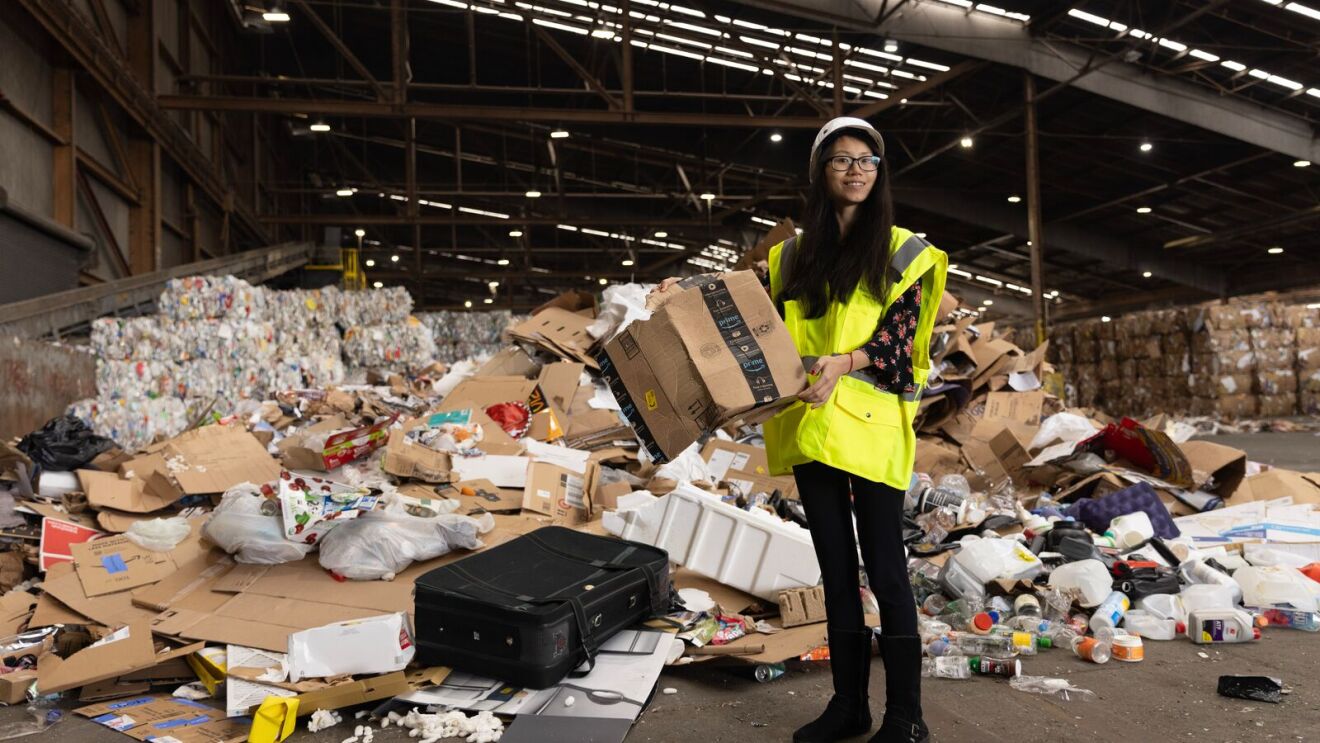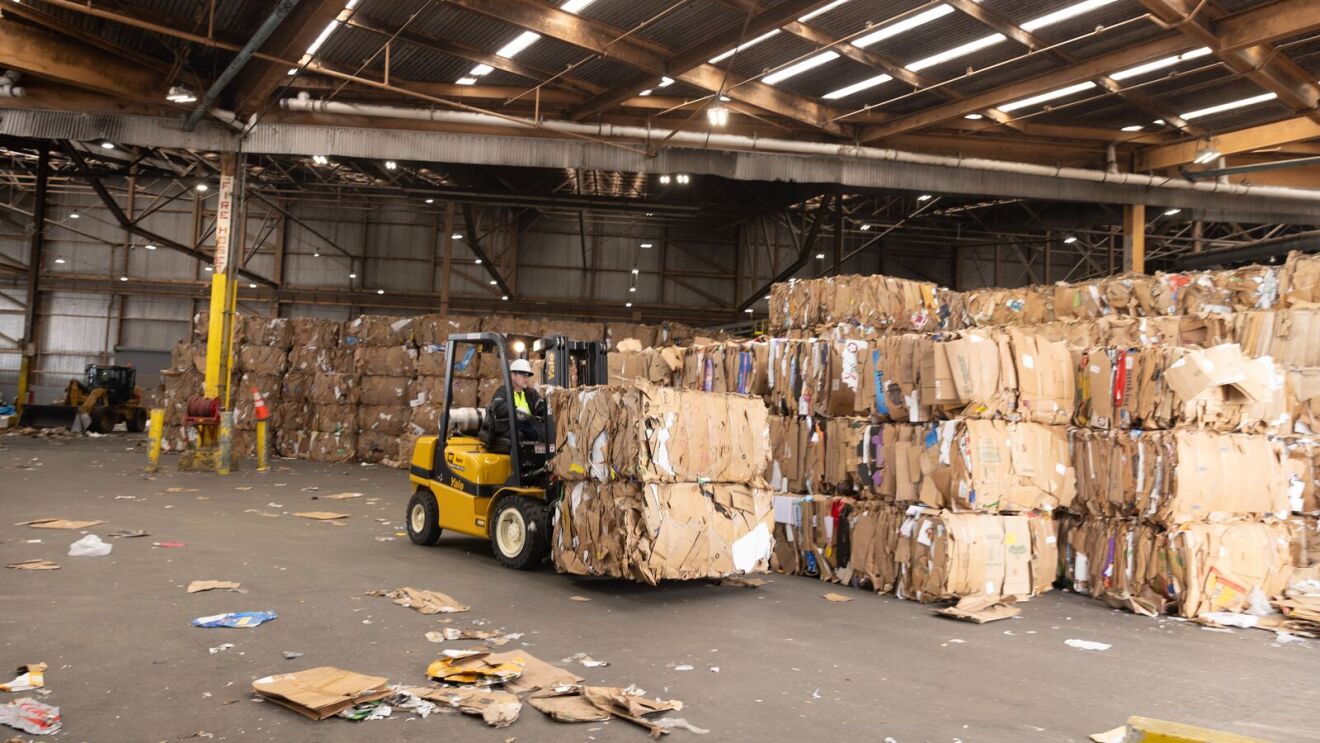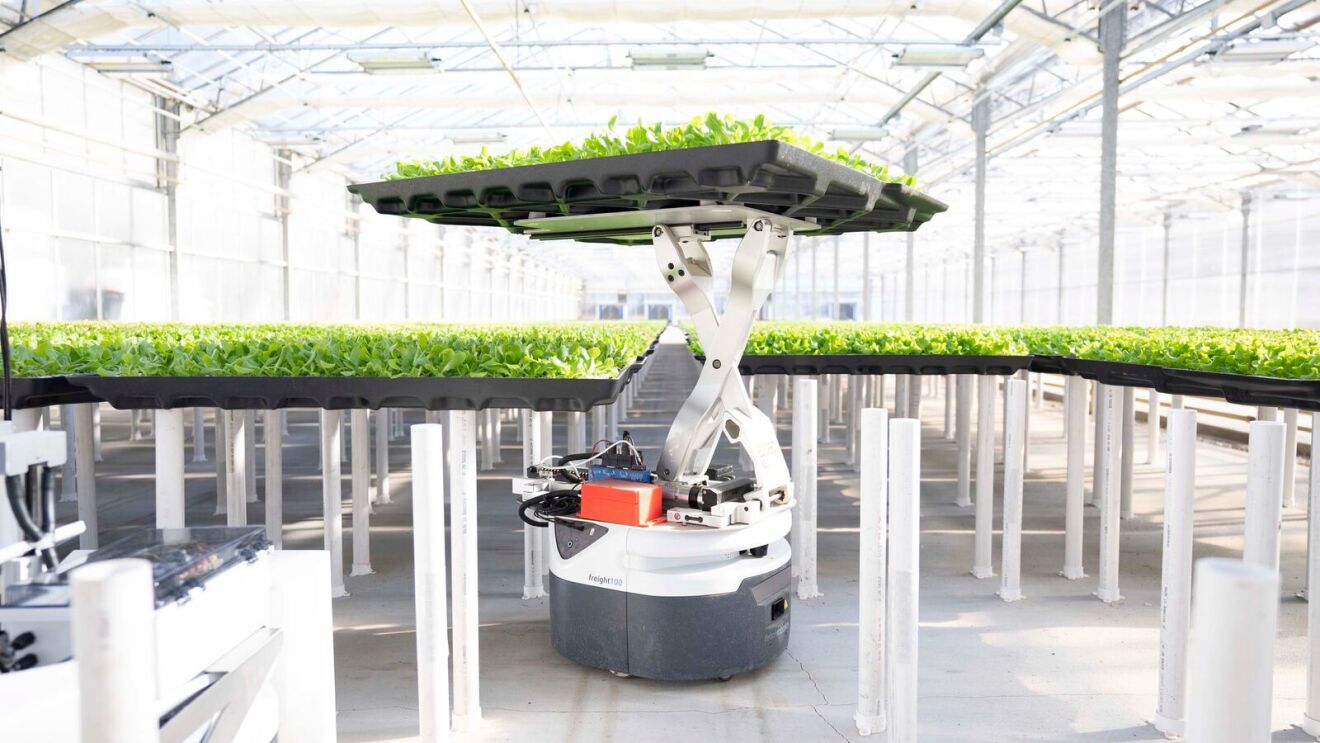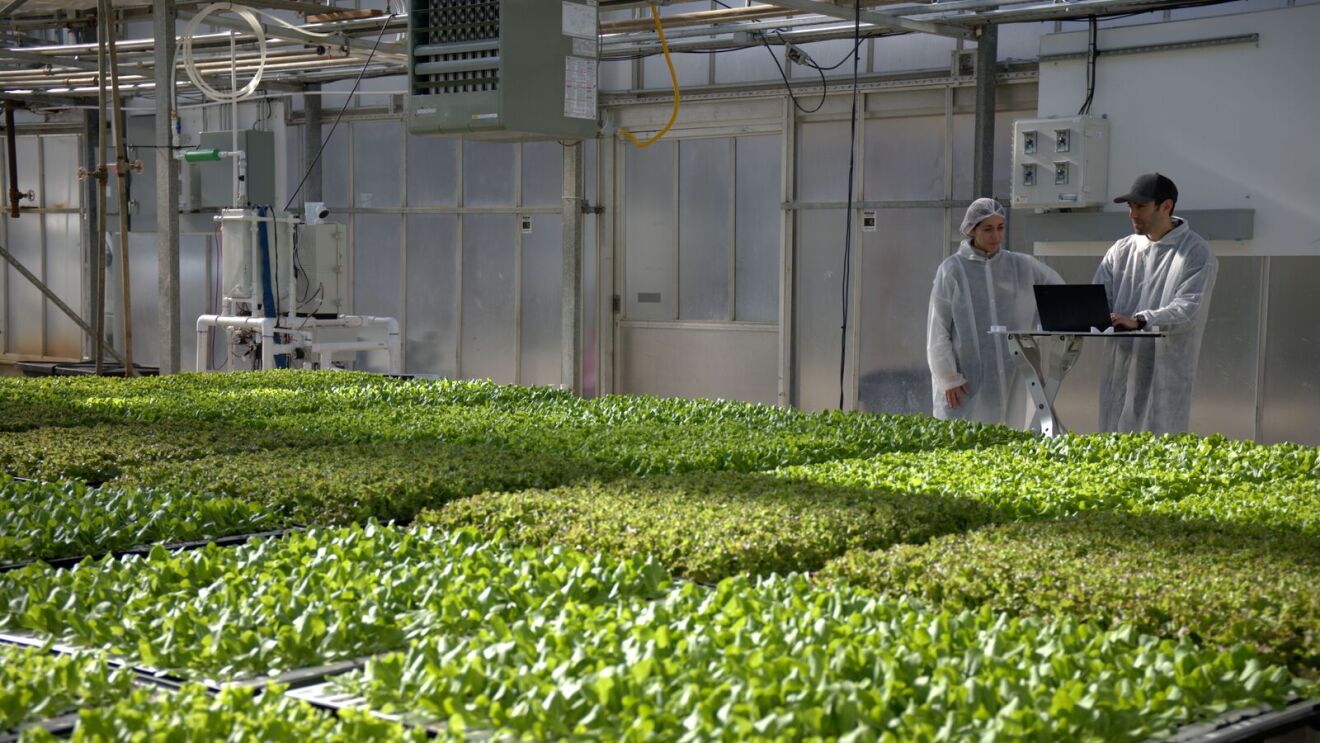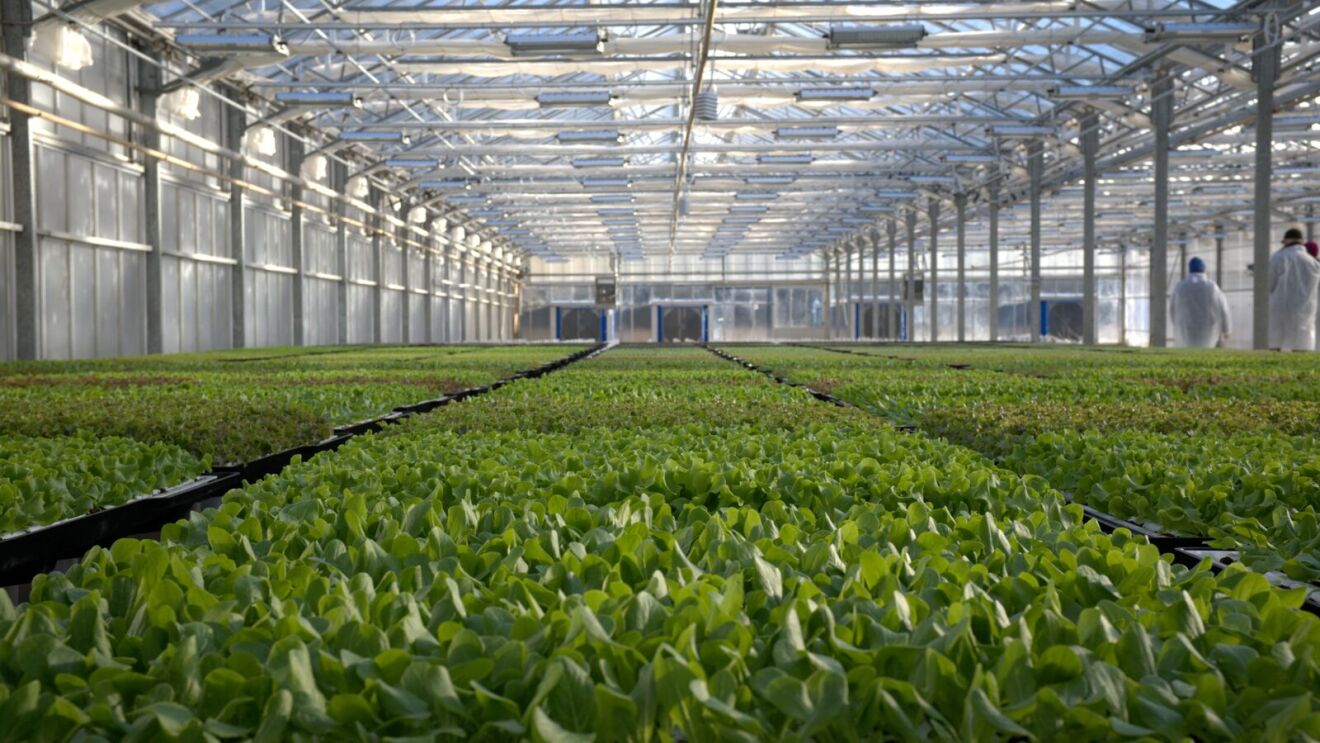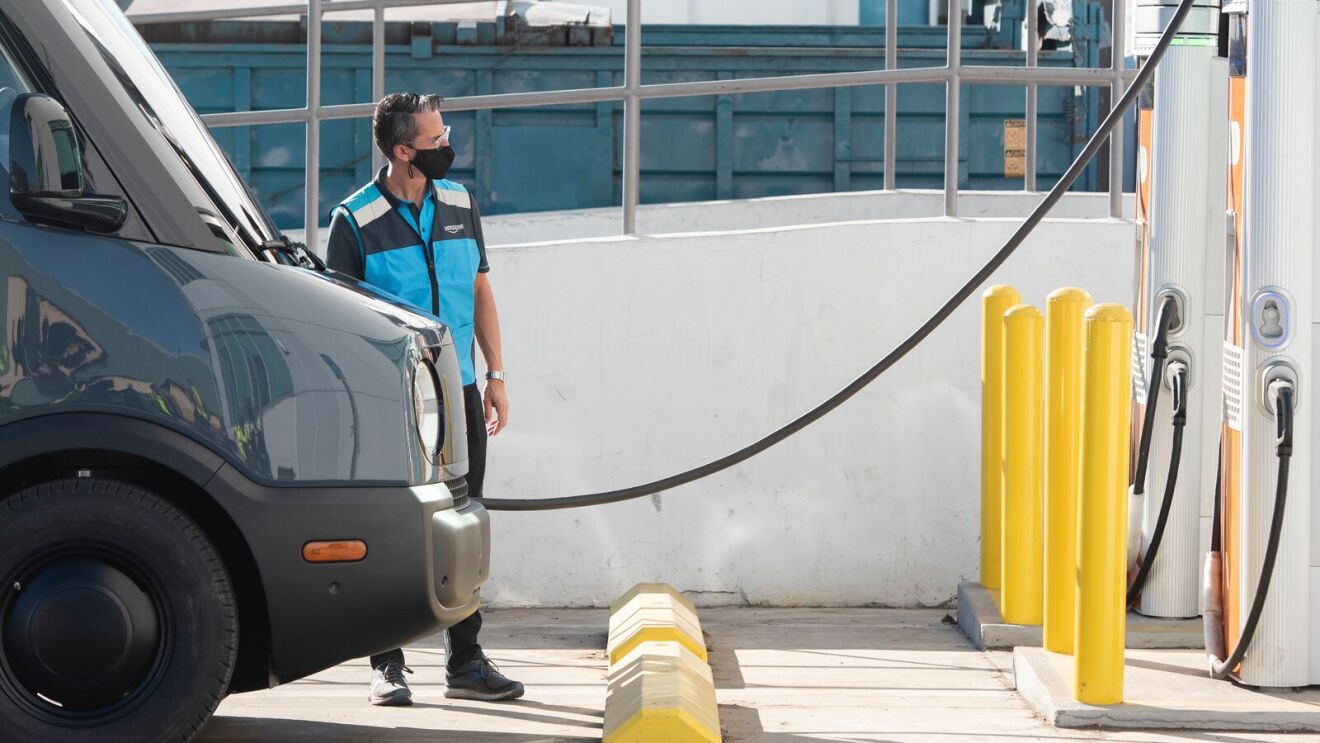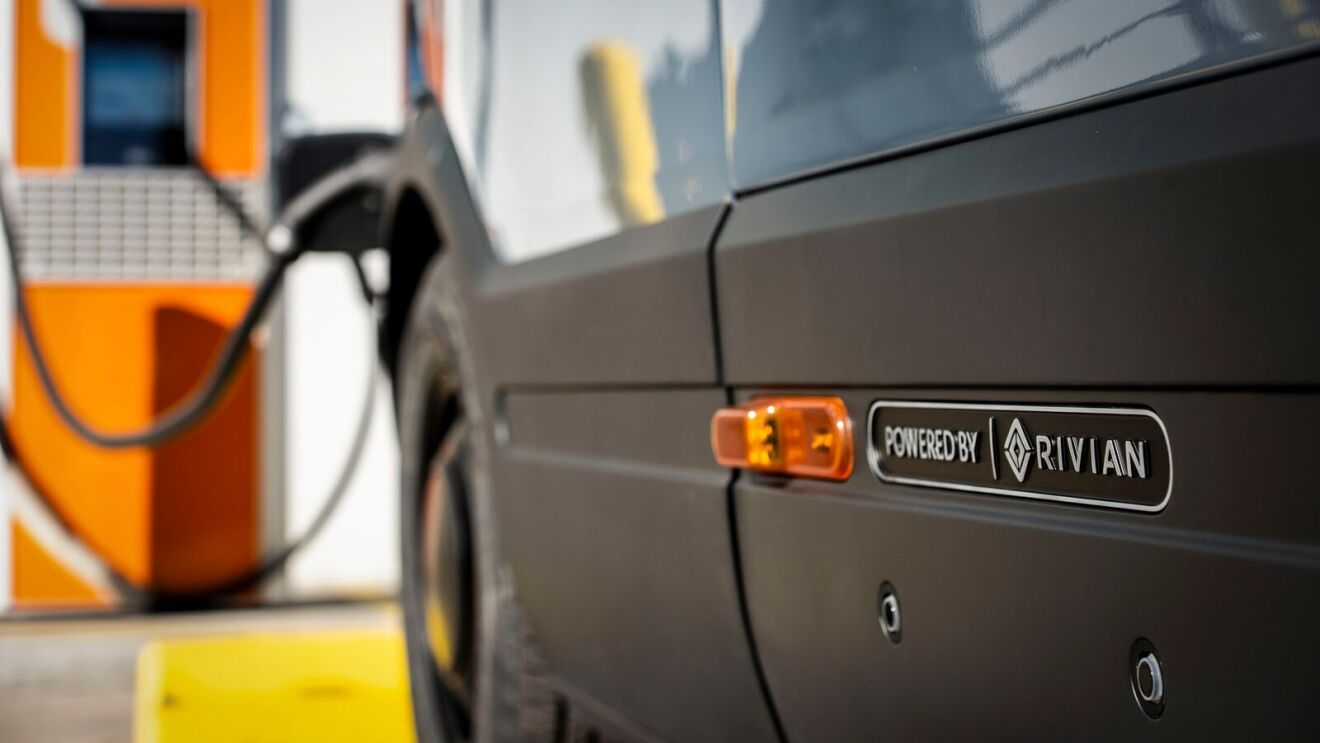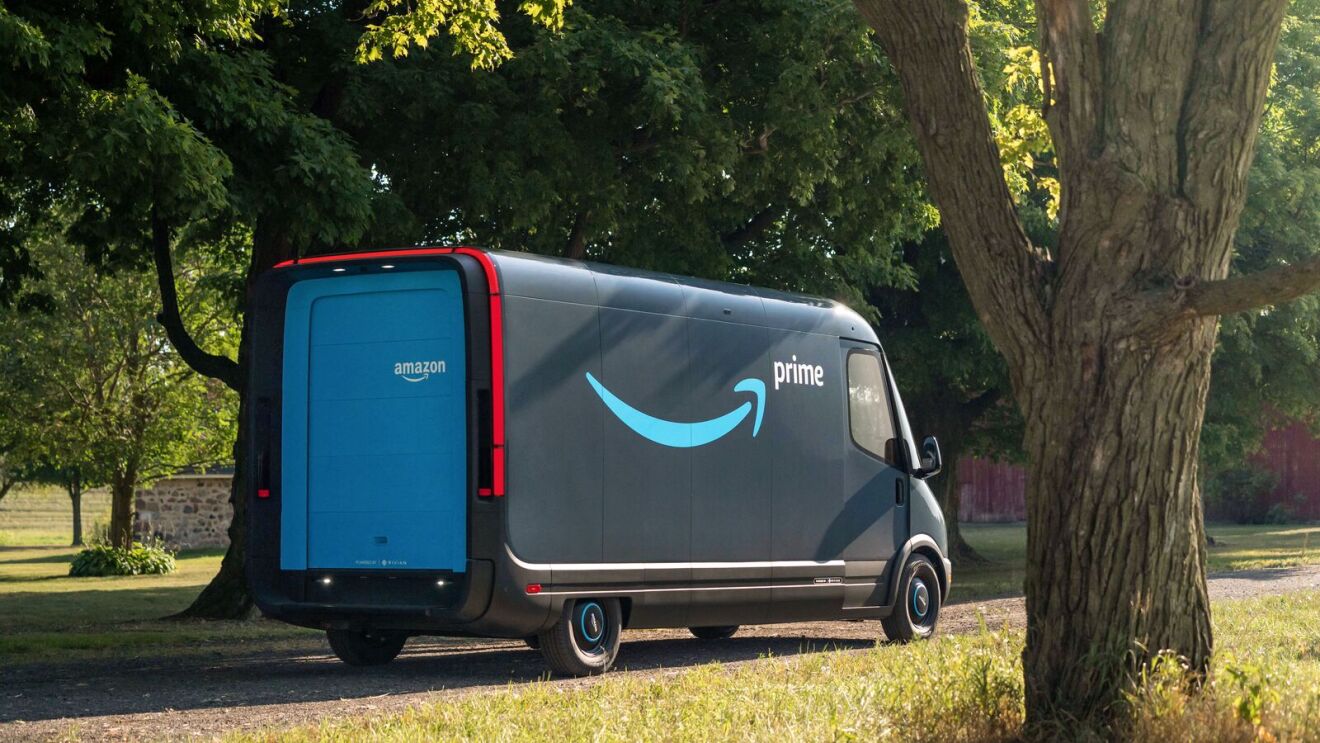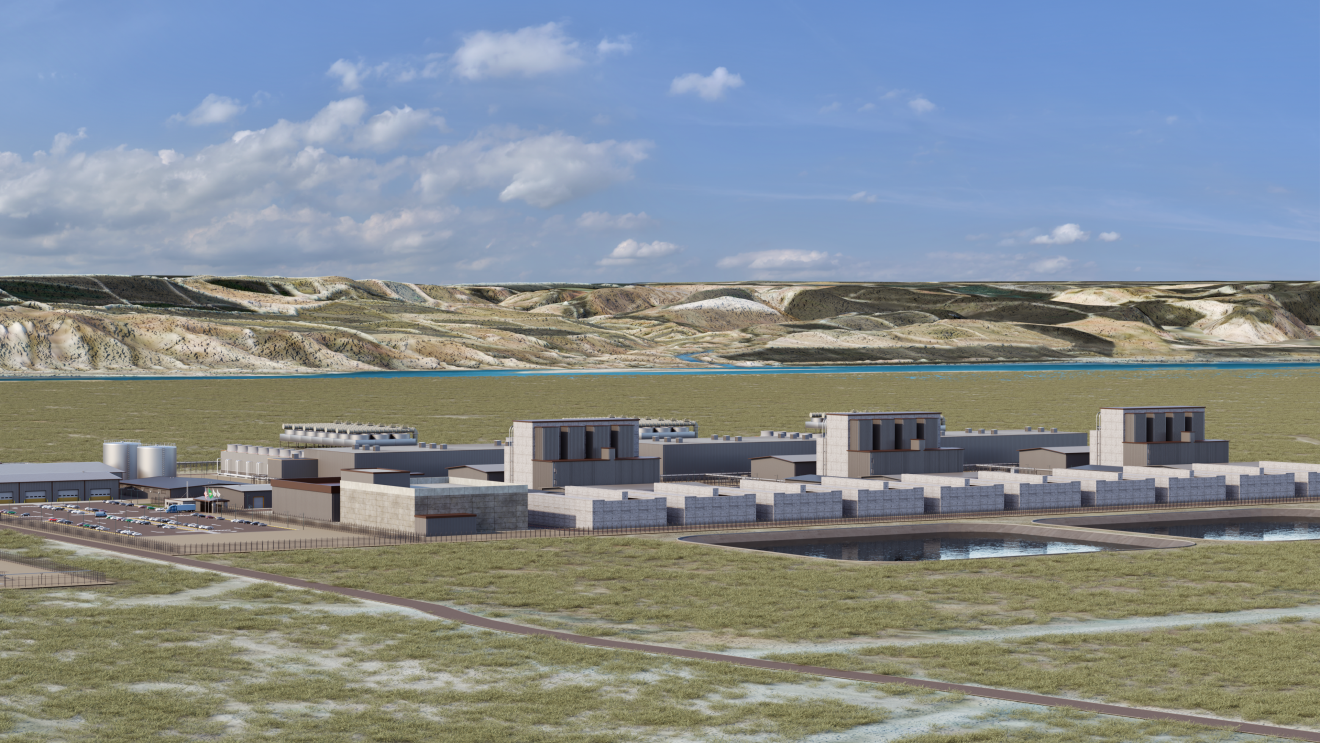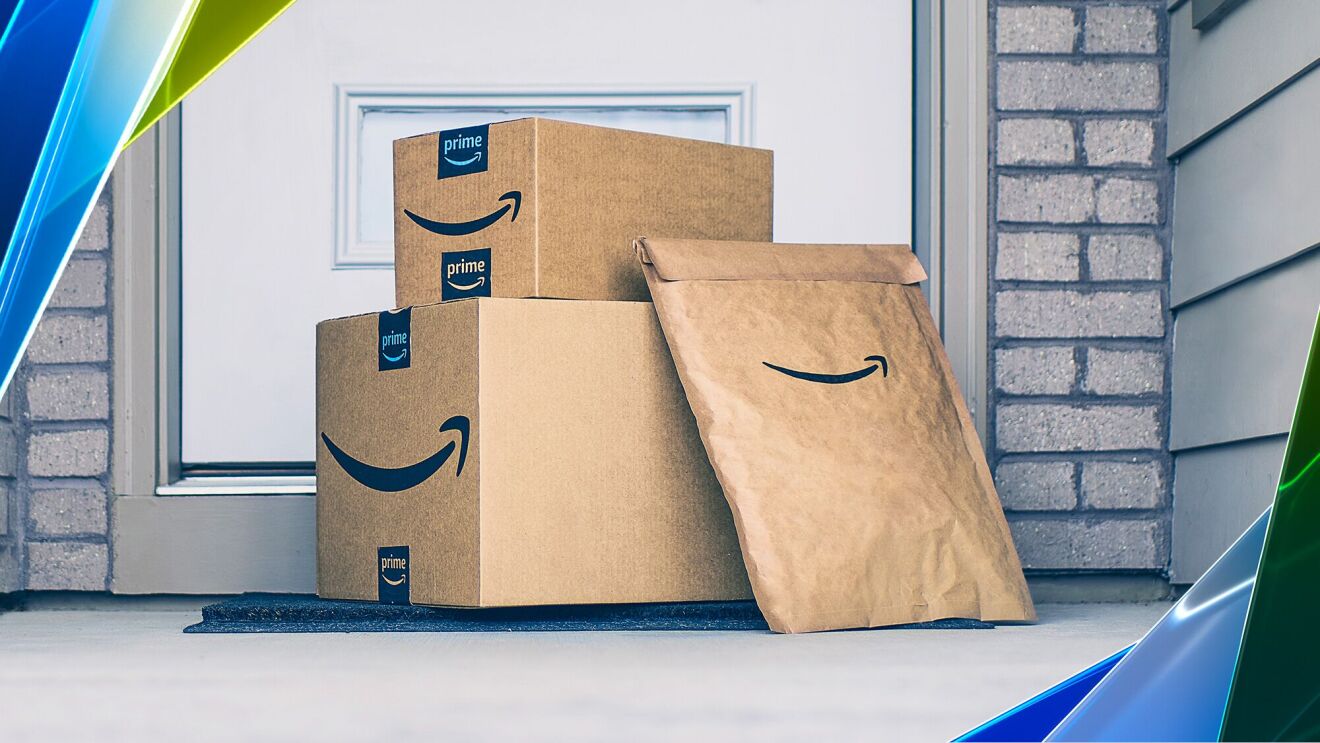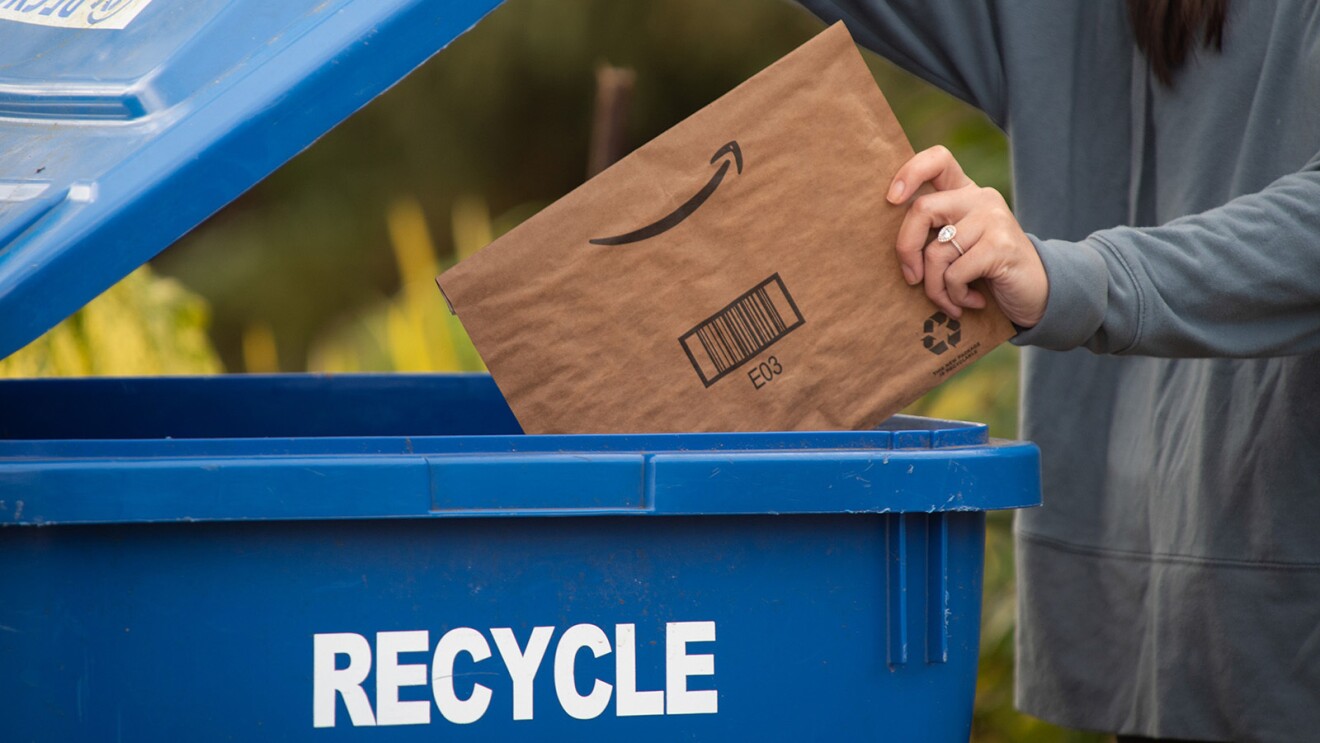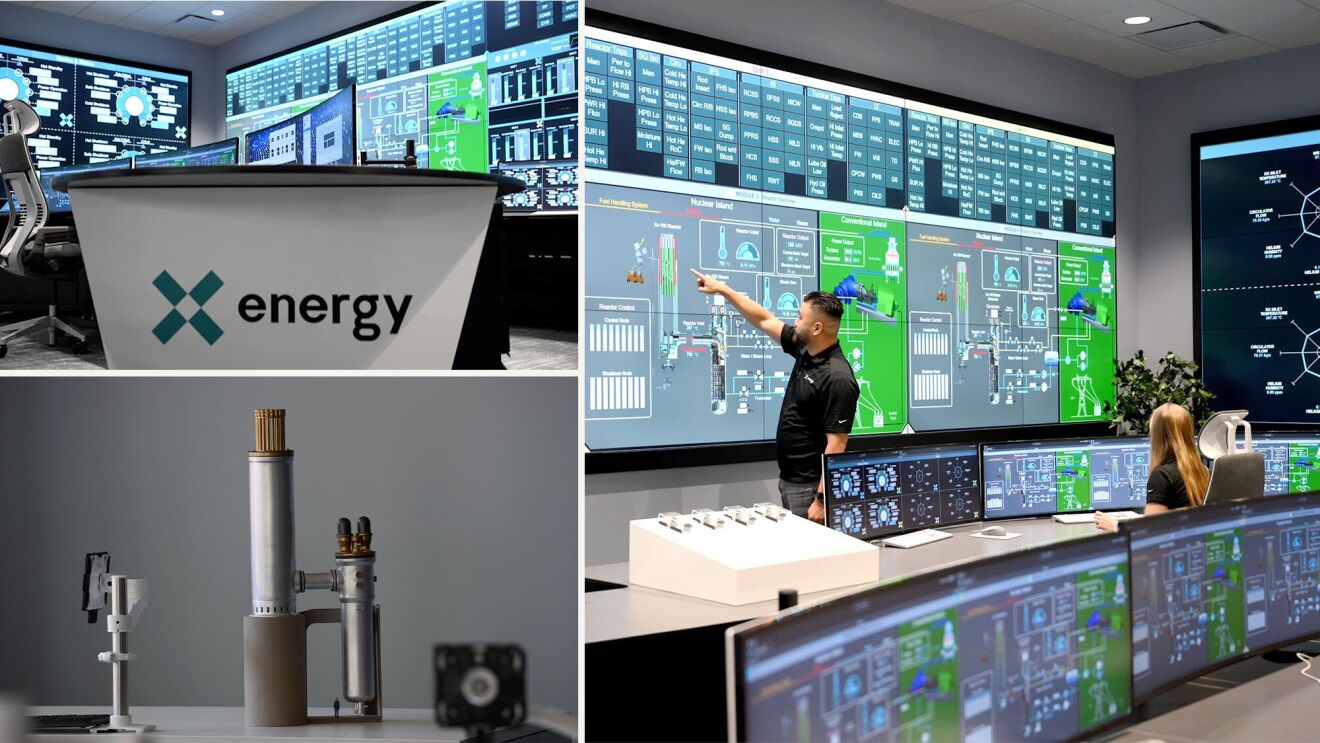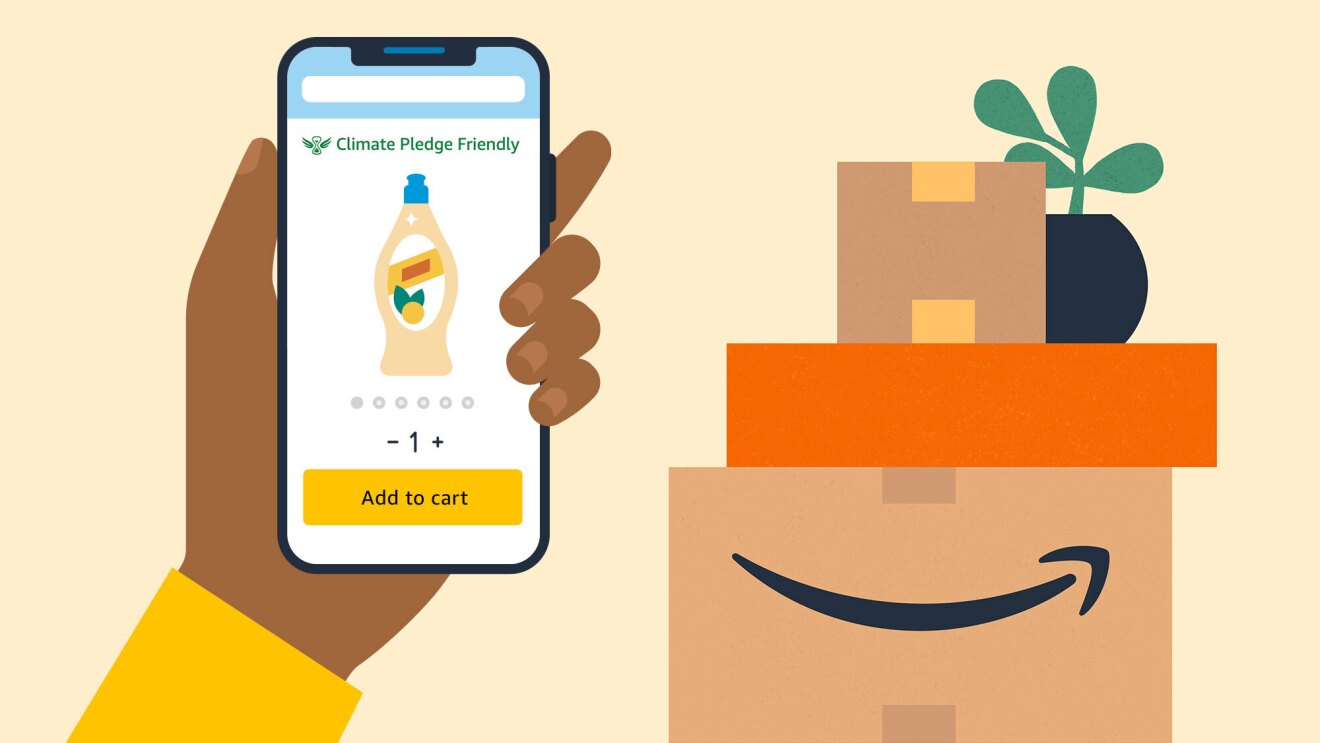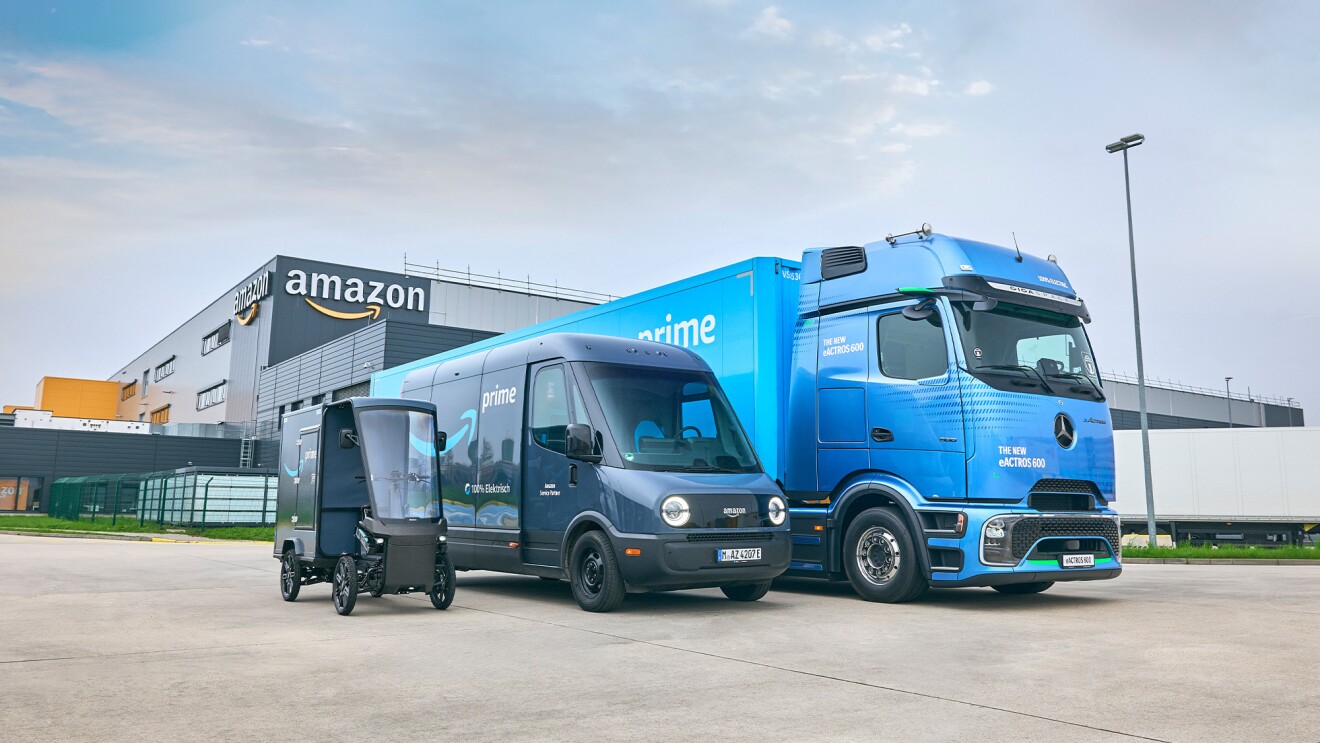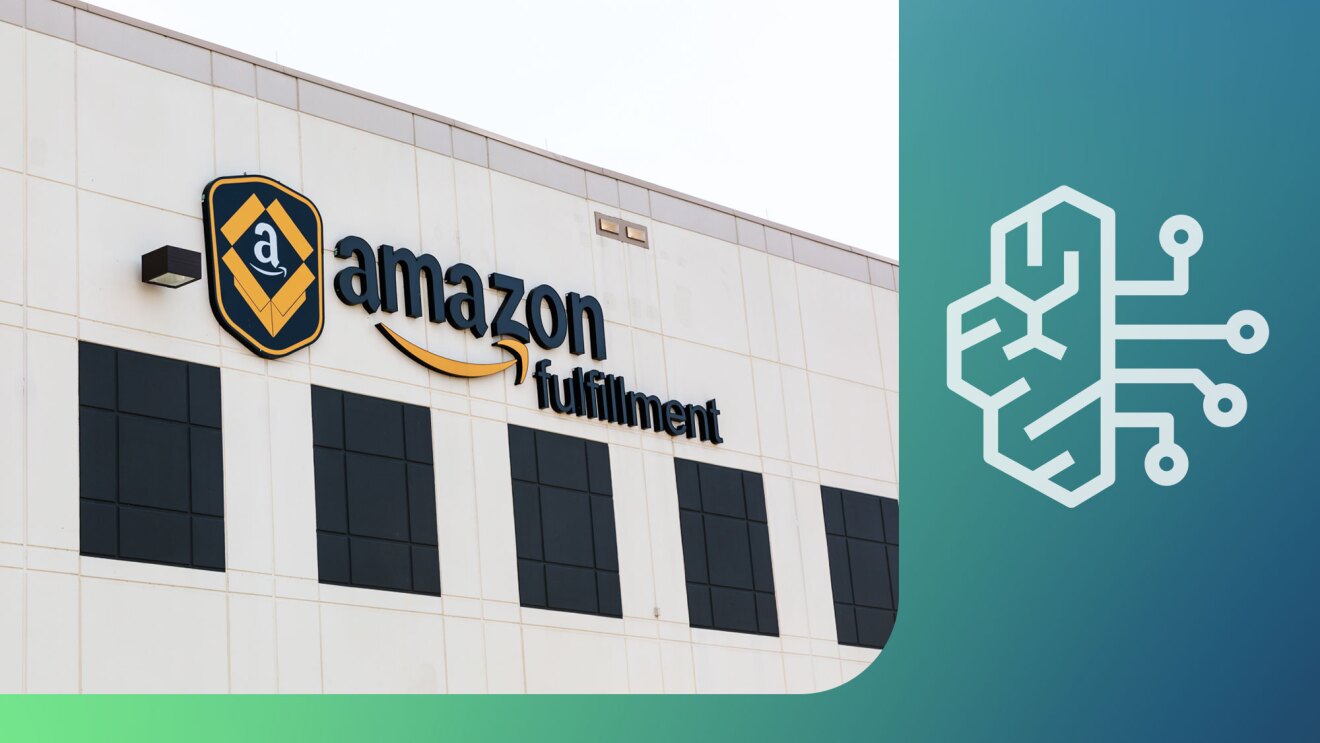As Amazon marches toward our commitment to reach net-zero carbon emissions by 2040, our Climate Pledge Fund (CPF) is announcing three new investments in startups bringing innovative technology and fresh thinking to diverse aspects of the climate change crisis.
Since its creation in 2020 with $2 billion in funding from Amazon, the Climate Pledge Fund has invested in 31 companies developing the kinds of sustainability-focused tech and services that can help Amazon and other companies meet The Climate Pledge. Along with the investments announced today in Molg, Paebbl, and 14Trees, Amazon is already incorporating the technology of five CPF-funded companies into our operations.
From using AI to sort recycling to creating charging solutions for long-haul trucking, learn how some of these climate technology innovators are changing their industries—and moving us forward in our sustainability efforts.
3 new companies Amazon is investing in through The Climate Pledge Fund
Molg
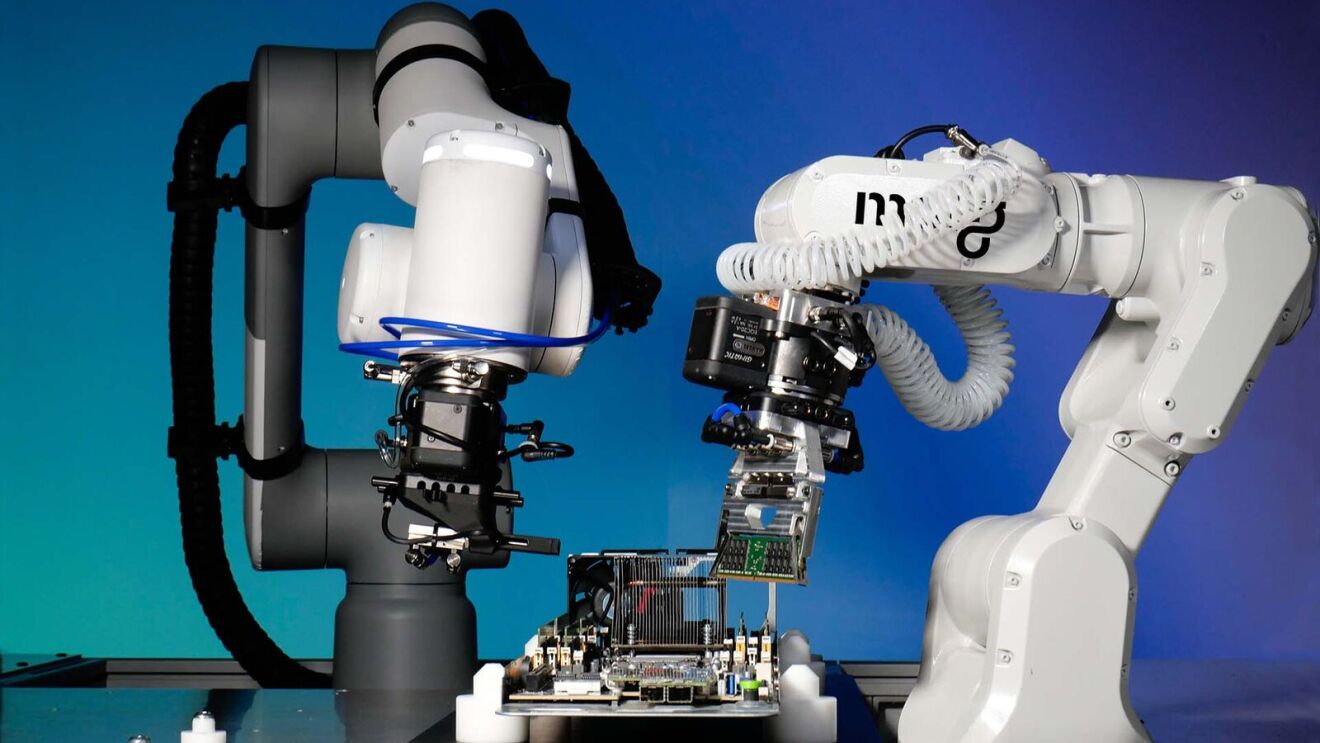
Molg enables circular manufacturing with robotics and design to help tackle the growing e-waste problem. Its robotic microfactories autonomously assemble and disassemble complex electronic products, and the team partners with leading manufacturers to design electronics with reuse in mind-ensuring one product’s end is another’s beginning.
Paebbl
01 / 02
Paebbl turns CO2 into carbon-storing building materials, transforming the built environment into a permanent carbon sink. Concrete is the world’s second most used material, and Paebbl aims to future-proof its global supply chain by locking carbon into everyday structures in an unprecedented way. Amazon Web Services (AWS) intends to trial Paebbl’s supplementary cementitious material in the construction of one of its European data centers. The trial will provide important data on the performance of Paebbl’s material in the precast concrete applications.
14Trees
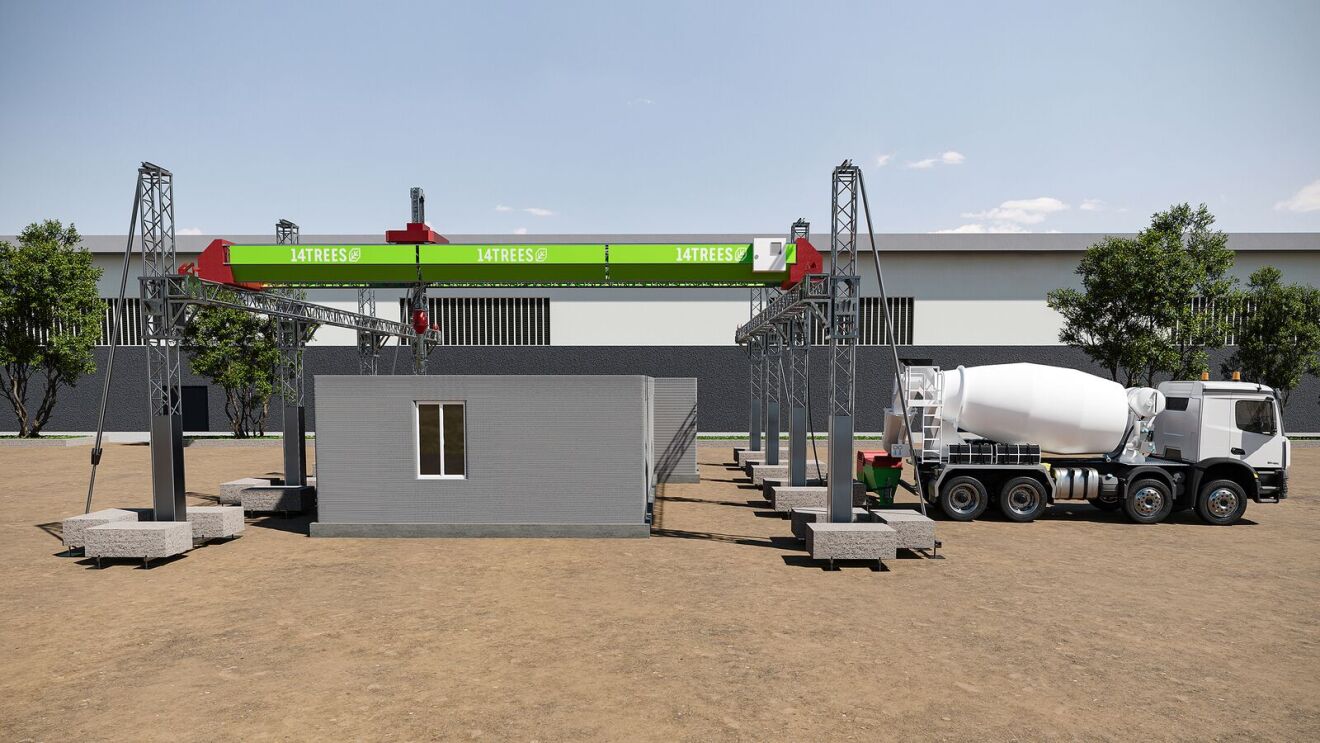
14Trees is accelerating the production and delivery of lower-carbon buildings with its 3D printing technology. The investment is intended to help pave the way for state-of-the-art lower-carbon data centers, large-scale buildings, and utilities in Europe and the United States.
Climate Pledge Fund investment companies we’re incorporating into Amazon’s operations
Forum Mobility
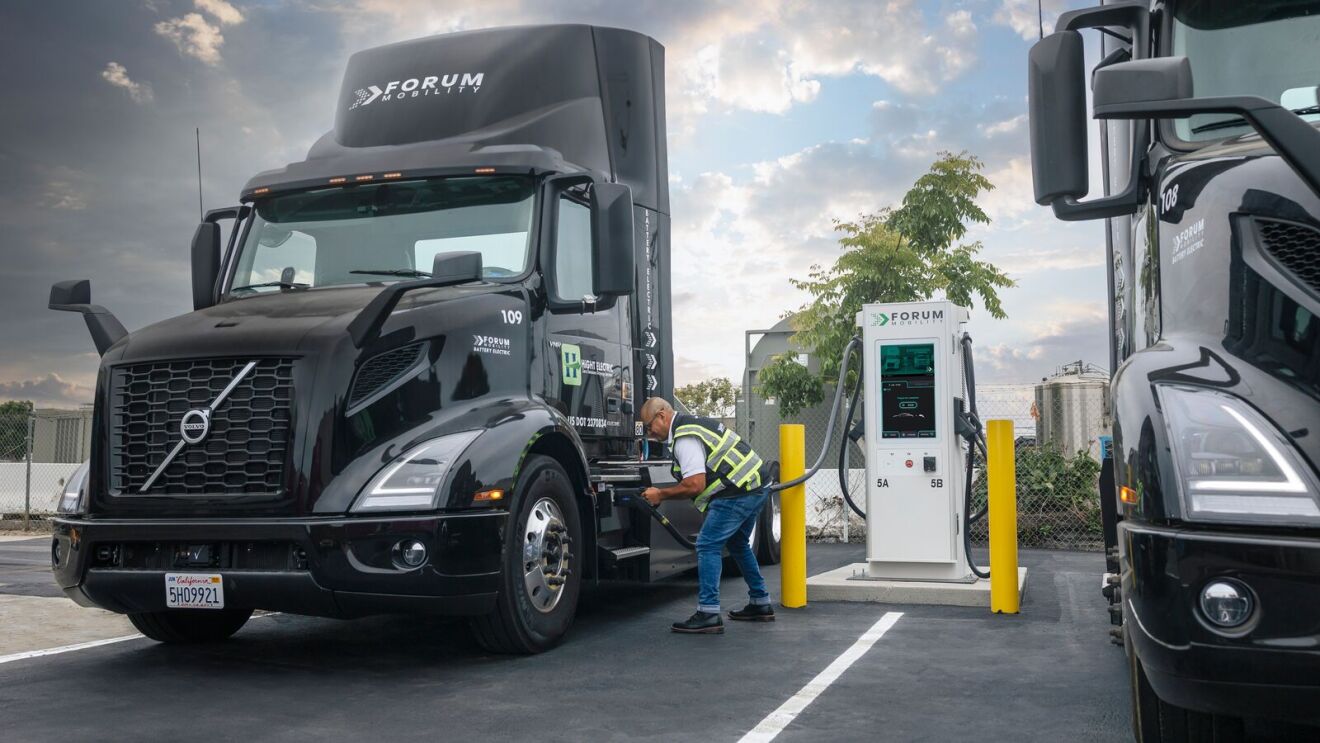
Forum Mobility provides accessible zero-tailpipe-emission trucking solutions for drayage in California, from building and operating the charging infrastructure to offering Class 8 zero-tailpipe-emission electric trucks. Forum is currently developing a network of charging depots around the Ports of Oakland, Los Angeles, and Long Beach, and along common trucking routes to warehouse destinations, offering a one-stop solution that caters to small independent operators and large fleets alike. Forum and Amazon share a goal of bringing more electric trucks to the road, and Forum’s innovative solution for deploying heavy-duty charging infrastructure will help companies and small business owners electrify their fleets. Forum provided the charging infrastructure for Amazon’s rollout of the company’s first electric heavy-duty trucks in our ocean freight operations.
Glacier
01 / 03
This AI and robotics company is helping the recycling industry work toward a world without waste. Glacier uses AI-powered robots to automate the sorting of recyclables and collect real-time data on recycling streams for recycling companies and consumer brands. Amazon’s long-term vision is to reduce plastic use and shift toward using materials that are bio-based, as well as those that are biodegradable and compostable. This includes testing new biomaterials in applications where we do not have other sustainability solutions, such as some flexible plastics, and then recycling them. Amazon has already teamed up with the BOTTLE consortium to develop a new recycling technology for these materials, and collaborating with Glacier enables us to test ways to separate biomaterials from fossil-based plastics and send them on for recycling.
Hippo Harvest
01 / 03
By growing USDA-certified organic leafy greens in greenhouses, Hippo Harvest helps to reduce food waste, enhance food security and safety, and promote sustainability in fresh produce. Their methods use 92% less water, 55% less fertilizer, and 94% less land compared to traditional farming. By utilizing advanced machine learning and robotics, they optimize production for cost efficiency. Hippo Harvest’s products are available at various Bay Area retailers, including Amazon Fresh.
Rivian
01 / 03
The electric vehicle manufacturer is supporting Amazon’s work to decarbonize its last mile operations. In 2019, Rivian and Amazon committed to working together to custom design an electric delivery vehicle with safety, sustainability, and comfort in mind, and set a goal to bring 100,000 of these vans to the road by 2030. In three short years, a simple sketch turned into the vans customers now see on the road every day. Amazon now has over 15,000 in its fleet, delivering packages across the United States and in Europe.
Subeca
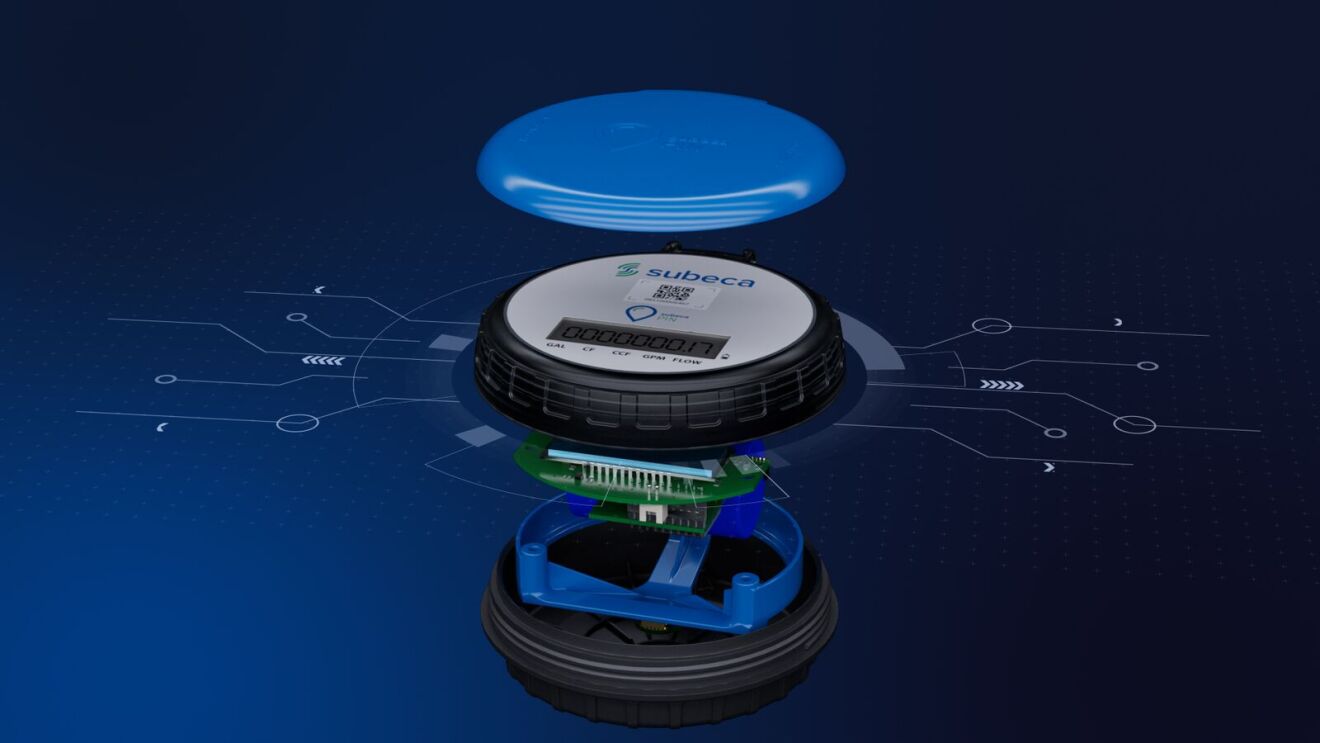
Subeca created a simple and secure device that uses wireless networks such as LoRaWAN and Amazon Sidewalk to help Amazon, AWS, and utilities gather timely and reliable data to manage water use without relying on traditional cellular or building network infrastructure. As a result, users can effortlessly monitor and control resources and detect water leaks. By utilizing Subeca’s single-device ultrasonic smart water meter—which is installed without cutting a pipe—Amazon can improve the efficiency of its water use across its fulfillment centers, grocery stores, offices, and data centers. Subeca will also help AWS partner with utilities to assist them with managing their water distribution systems and fix inefficiencies that lead to water loss.
Trending news and stories
- Alexa+ can now answer your Ring doorbell and talk to visitors
- ‘Beast Games’ Season 2 is coming to Prime Video—See the new trailer
- How Amazon Pharmacy has helped customers save more than $100 million on prescription medications like GLP-1s and insulin
- Amazon unveils redesigned Kindle Scribe lineup with first-ever color Scribe




